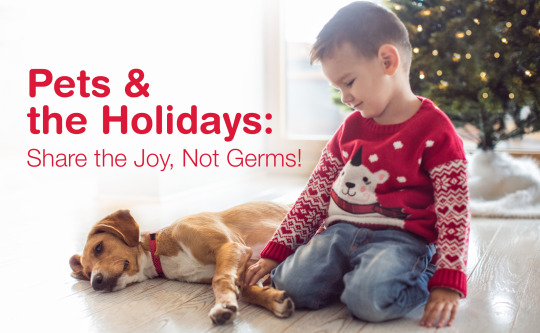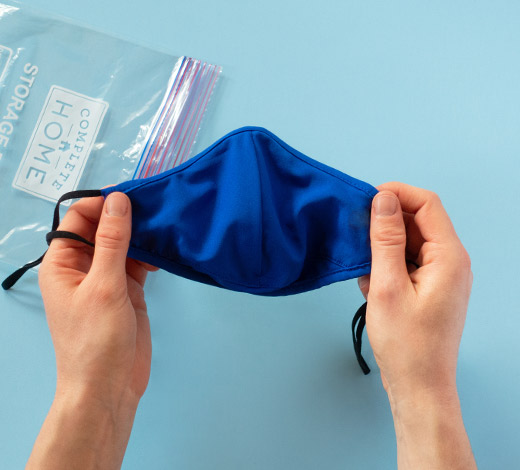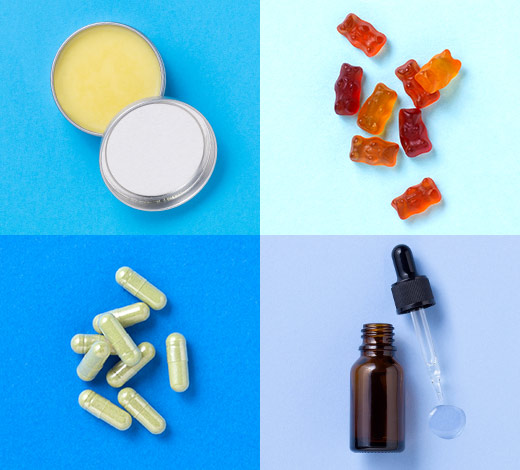
The best way to avoid the spread of germs after playing with, feeding, or cleaning up after your pet? Wash your hands!
CDC also recommends the following:
- Households with children younger than 5 should not have pet reptiles, amphibians, or livestock because of the risk of serious illness from harmful germs shared between these animals and young children.
- Pregnant women should avoid contact with pet rodents to prevent exposure to lymphocytic choriomeningitis virus (LCMV), which can cause birth defects.
- Pregnant women should avoid adopting a new cat or handling stray cats, especially kittens, but you can keep your cat if you already had one before pregnancy. Cats can carry a parasite that causes toxoplasmosis—a disease that can cause birth defects. Pregnant women should avoid changing cat litter if possible.
- Ensure that the cat litter box is changed daily to lower the possibility of exposure to the parasites that could cause toxoplasmosis. The Toxoplasma parasite does not become infectious until 1–5 days after it is shed in a cat’s feces. Get more information on toxoplasmosis and cats.
- Make sure to remove your dog’s poop from your yard or public places by using a bag, and dispose of it in proper areas. Dog feces can contain several types of germs that can be harmful to people.
To help keep your pet healthy during the holiday, give them good food, fresh water, clean bedding and plenty of exercise. Keep up with your pet’s vaccines, deworming, and flea and tick control. Always talk to your pet’s veterinarian about how to keep your pet healthy. By keeping your pet healthy, you help to keep yourself and your family healthy.


